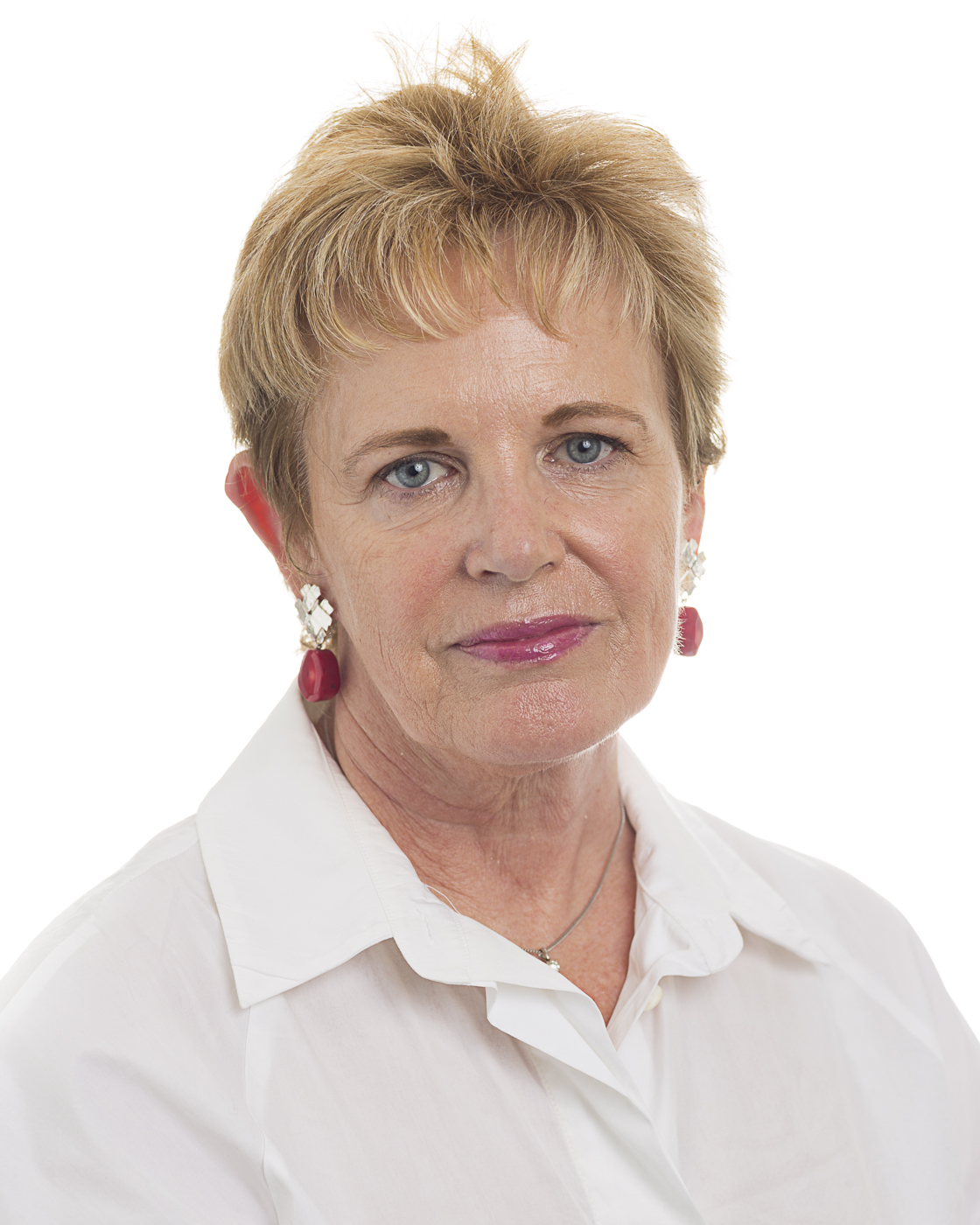Charities need evidence to survive
19 July 2012

I have just made the keynote address at the MRS Charity and Third Sector Research conference at which Research Aid - a new initiative supported by MRS - was launched. The gist of that speech was that charities have had to professionalise rapidly, and they need help to create the evidence to:
- identify opportunities for funding
- prove the value of what they do to potential funders
- improve their marketing and communications.
I also know that many research companies provide pro bono or reduced rate fieldwork for charities, but I know that charities don’t know where to look, and don’t know what they should be asking for.
And as a Non-Executive Director of Children in Need I know that funding organisations are making increased demands on evaluation and impact and even making renewed funding contingent on charities delivering the same impact for less or more impact for the same money. That means charities really need to get their evaluation right.
I know that charities doing pro bono or reduced rate work for charities often face unpredicted or unnecessary costs because charities briefs are vague or their internal stakeholder management is poor.
The business of evidence, the application of market social and other research has always made a contribution to society by helping policy makers understand what needs to be done and how behaviours will impact how they go about doing it. It gives a voice to the governed in the long intervals between more formal choices we make at the ballot box.
Research Aid is a practical example of that contribution to society.
Research Aid, drawing on volunteers from throughout the research sector, will help charities that are too small or new to undertake research in the normal course of events.
It will:
- Help them define what they need in terms of research/evidence building
- Help them define what resource they have in-house and what they need external research to do
- Help them clearly define the benefits they should look for from any research
- Help them write a clear and usable brief and ensure they have identified their stakeholder management requirements
- Broker introductions to the best qualified suppliers to help deliver their needs, (which service may or may not be free or at reduced rates dependant on the charities’ resource or anticipated return)
- This is about practical support for smaller charities to identify and access what they need.
The initiative is in its trial stage and has already signed up more than 60 volunteers. MRS, as the industry voice are delighted to be supporting it. Employment of research professionals inside charities is a growing area, and we are delighted to, in a very small way widen access the benefits of research to more charities, which is what I believe this initiative will do.
You can read the full press release here including details of how to get involved if you are an MRS member or a charity.

Get the latest MRS news
Our newsletters cover the latest MRS events, policy updates and research news.











0 comments